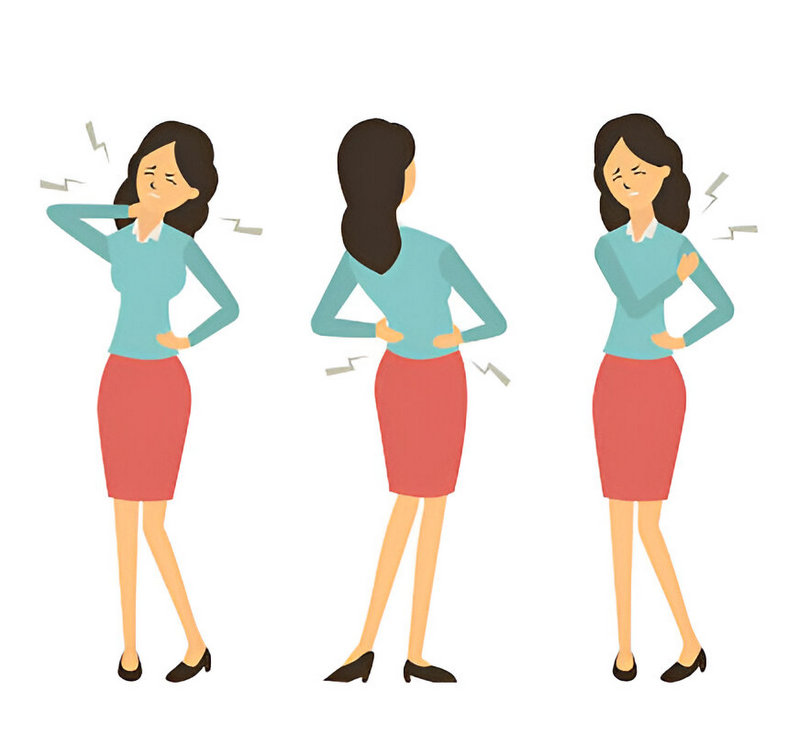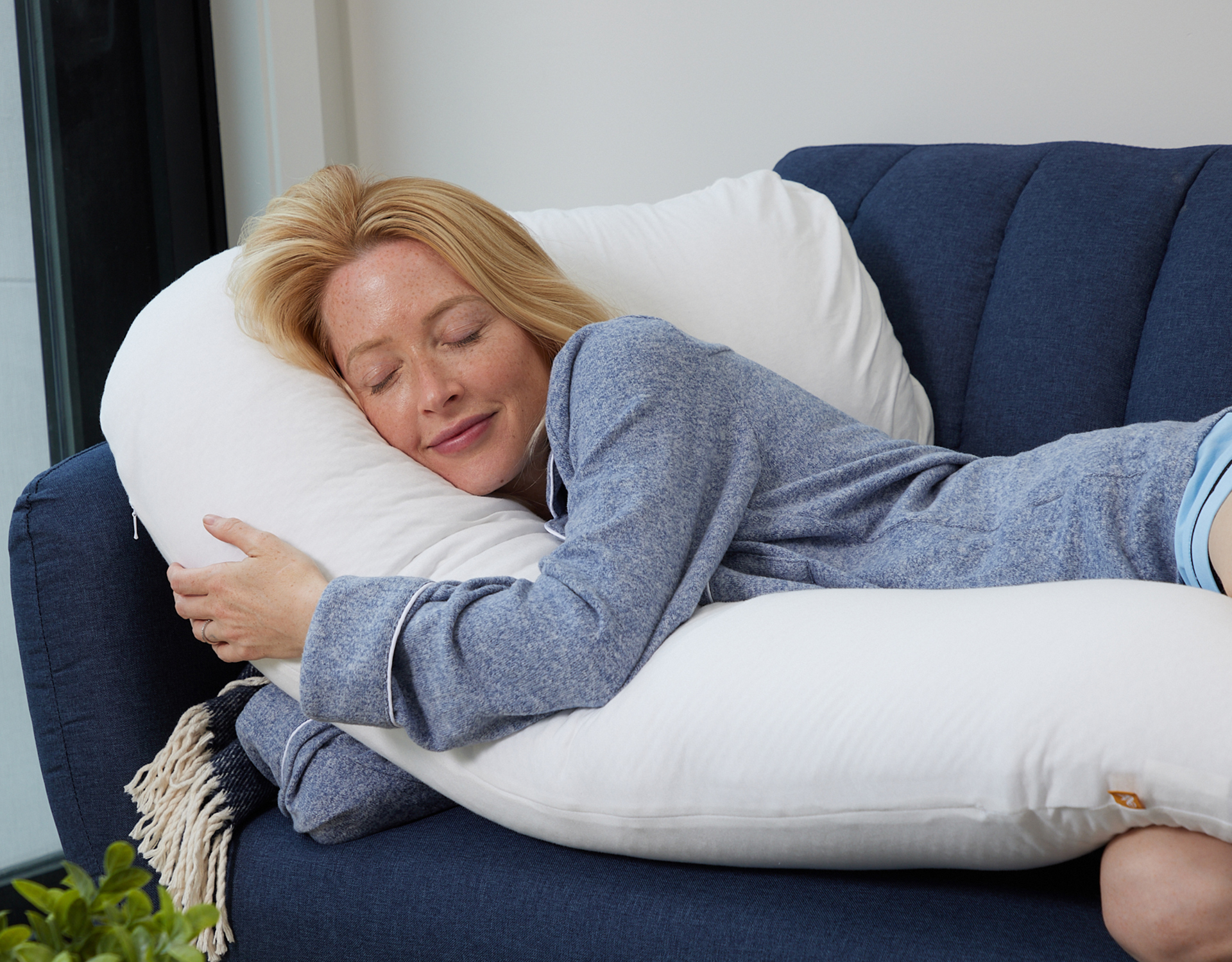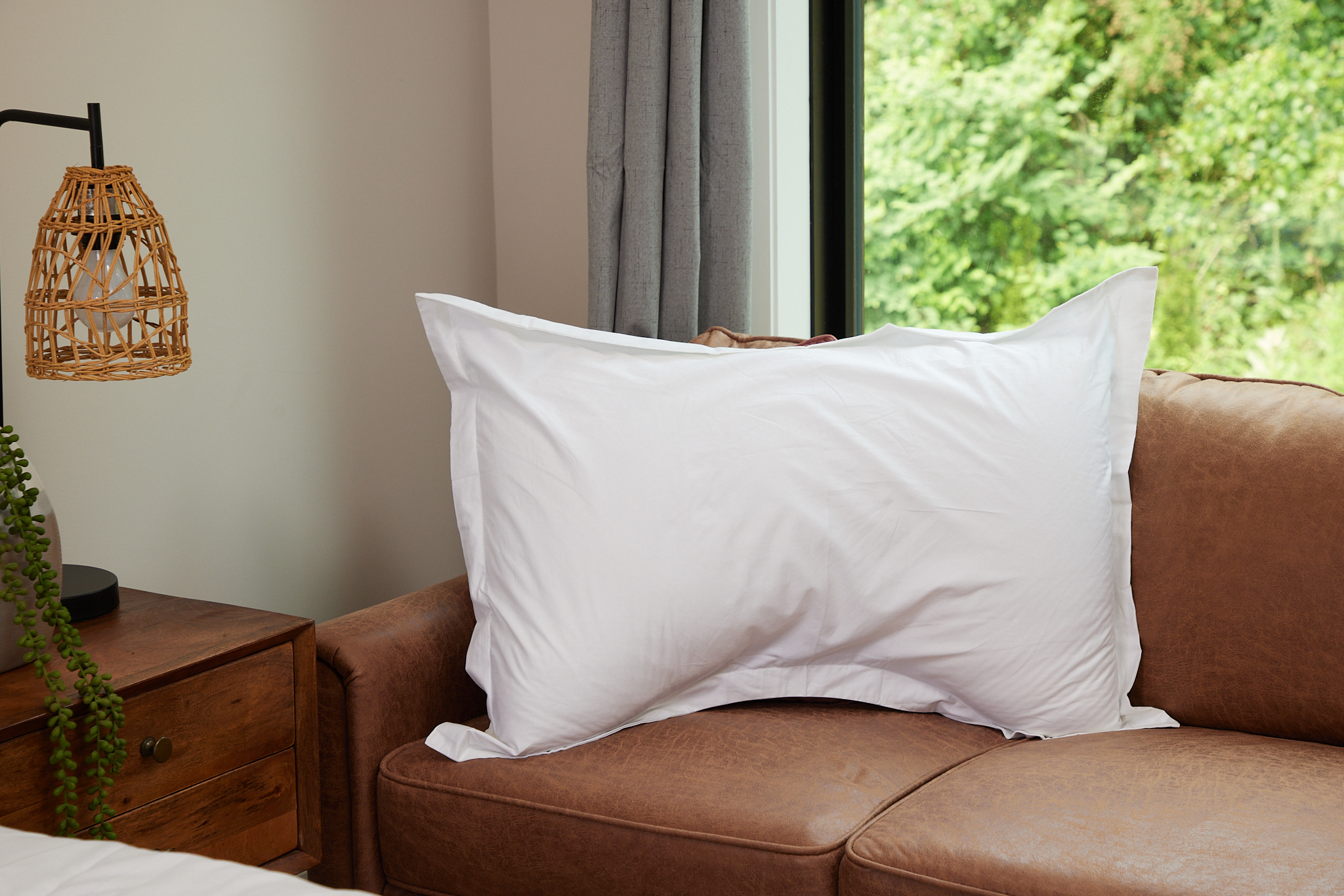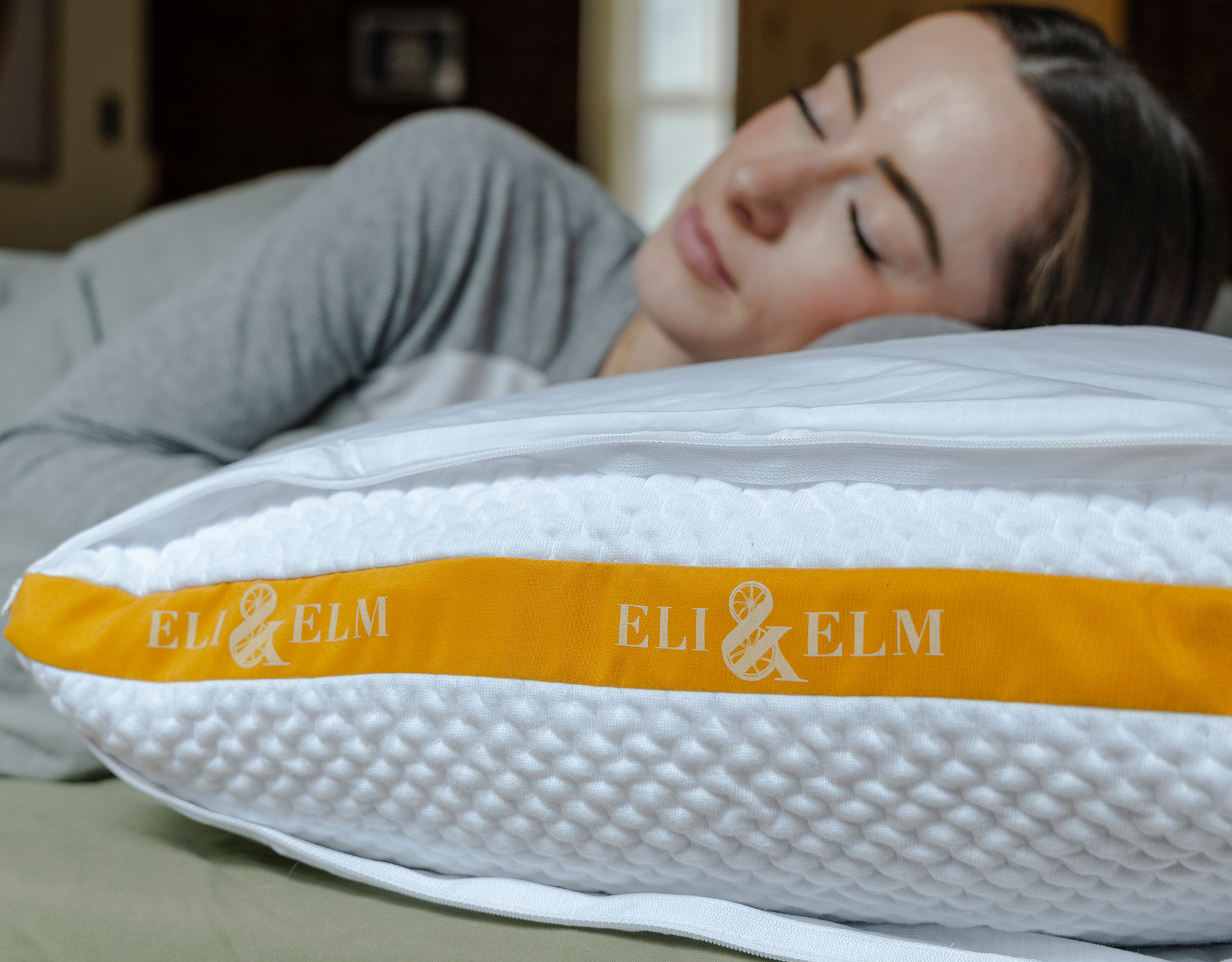Do you always experience some or the other kind of pain after waking up? It’s not like it happens when you wake up. Your body remains in pain while you sleep. You just don’t feel it in the deep sleep. Waking up in pain is not how we want to start our day. Neck, shoulder, or back pain anywhere just slows us down to even begin with our routine tasks.
Neck and back pain are among the most common medical complaints among both women and men. Those complaints are becoming more common thanks to the increasing use of computers and mobile phones for any activity. We will reflect on some of these causes of body pain after sleeping.
Why Does Your Neck, Shoulder, and Back, Hurt?
Haven’t we all been there? Wake up, stretch yourself out, and experience soreness in the neck, stiffness in the shoulders, and spasms in the back. Not just after sleeping, but even during, you might find it hard to fall asleep once you realize you are in pain. Why does that happen? Well, let's see:
Are You Sleeping Wrong?
We all like to sleep in the most comfy position, no matter what. Sleep position is simply a matter of choice. It is tough to alternate your preferred sleep posture overnight. While some sleep positions may have perks, some could be better if you want to get up pain-free. For example, side sleepers are susceptible to neck and shoulder aches if their body posture isn't always aligned well.
On the other hand, back and stomach sleepers are at a high risk of frequent lower back pain. This happens while sleeping on your stomach, where your body weight rests, bending it out of its natural curve. This occurs mainly when you sleep on a too-soft mattress; it sinks your body into the mattress excessively, creating further stress on your spine. Also, dozing on your tummy keeps your neck twisted for hours, leading to neck pressure after sleep.
Are You Using The Wrong Pillow?
Your head and neck spend many hours every night on your pillow, so choosing the right pillow is vital to a healthy, pain-free neck. A bad pillow that doesn’t support your head and neck properly can create tension in your neck muscles and cause neck pain. Feather or memory foam pillows may allow your head to be “cradled” at night, allowing for a neutral spine and neck.
Heading Up Too Fast?
If you are quick like a cat, you might not even realize you gave your muscles a spin due to intense pain. Sudden movements, like sitting up fast or flinging your limbs around in a dream, can stress your neck's muscular tissues. Tossing and turning simultaneously while dozing or looking to sleep can create tension and pressure on your neck.
The Old Hits
Some types of accidents, like whiplash or sports injuries, might not usually harm at the start. The total bodily outcomes may also be felt days later. If you were injured in a manner that could have hurt your neck, you may go to bed feeling okay but wake up the following day with a sore, stiff neck.
Mother-To-Be
Pregnancy commonly results in back pain, mainly low back aches, which are a few of the many frequently reported musculoskeletal signs and symptoms among pregnant women. Backaches can increase at any stage of pregnancy; however, they are much more likely to occur during the later levels, as the growing baby creates more pressure on the back and the neck.
As a result, women may additionally suffer back pain or neck soreness at some point in the later stages of pregnancy as their back adapts to assisting the extra baby weight. Several comfy mattresses and pillows for pregnant women might be specially designed to offer the appropriate lumbar assist and good posture.
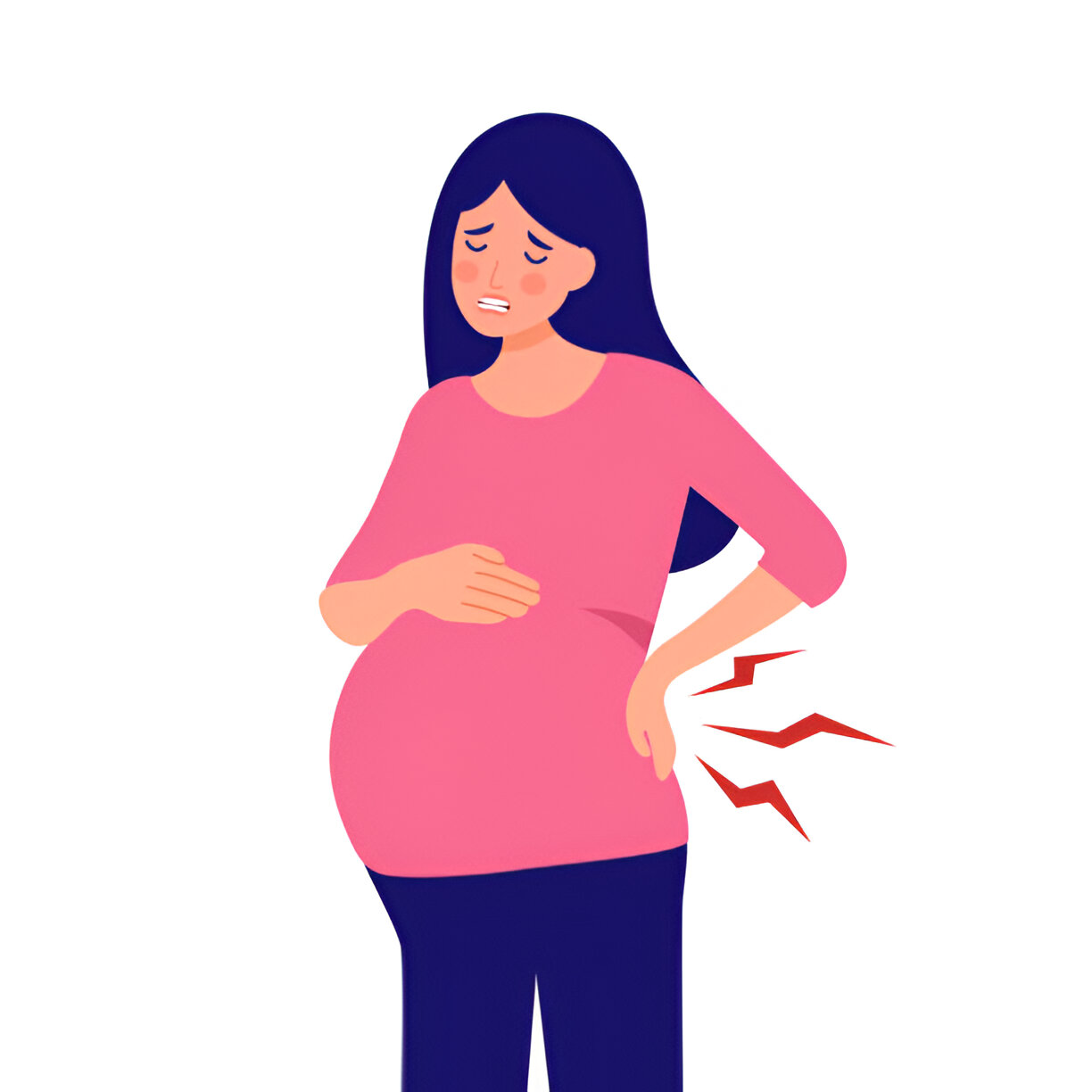
What Else?
Different reasons can also contribute to you waking up with neck, back, and shoulder pain. You can sometimes develop a sore neck throughout the day, too. Some common causes of body aches encompass:
- terrible posture in the day
- running too long at a pc or looking at TV for too long without converting positions
- osteoarthritis in one of the higher spinal joints
- nerve compression as a result of a herniated disk or bone spur in your neck
What Can You Do to Get Rid of Regular Neck, Shoulder, and Back Shoulder Pain?
Say what you will, but we all wish we had a magic wand to remove all our problems. But sadly, we don’t have one, and in reality, when the pain hits in the morning, it’s no joke! It disrupts our whole day and makes us kick everything. You don’t feel up for anything. We might not give you that wand but all hope is not lost. There are a few things you can do to ditch that nagging pain:
Time to Replace Your Regular Pillow
How important is a pillow to keep your neck in a neutral alignment? Very. It supports the natural curve of your spine and keeps your neck and shoulder well balanced. You should avoid pillows that are too flat or lofty too high. We encourage the usage of a firm contoured pillow. The contoured pillow provides extra support under your neck as you sleep, avoiding pressure on your back.
Switch It Up a Little
Sleeping on your back is perfect for your neck. Placing a pillow under your knees is an excellent way to support the lower back. If you sleep on your back, ensure your pillow is a superb loft to align the head and neck. Place a pillow between your knees to hold your spine a little higher and align your lower back. Avoid lying on the affected side simultaneously if you have a sore shoulder. Either lie on your lower back or the alternative side.
Firm Up the Old Mattress
Your mattress could make a big difference to how properly you sleep. Avoid deep, smooth mattresses that your body sinks into. Too harsh of a mattress is also a problem. A medium to firm mattress is much more supportive for your neck and back.
Roll Onto the Bed on Time
If you're still having trouble sleeping even after getting rid of your old mattress and pillow, you should monitor your sleeping habits. Are you getting sufficient sleep every night? Are you spending too long browsing on your phone or laptop before you go to bed? Are you having caffeine at night? An unhealthy lifestyle can also contribute to a terrible night’s sleep.
Call A Physiotherapist
Physiotherapy is highly effective in relieving neck, shoulder, and back pain. Your Physiotherapist will take a record and work out the root cause of your pain. They will use hands-on manual therapy techniques to alleviate muscle tightness and joint stiffness. They can also use ultrasound, warmth packs, and TENS for ache relief. You will also be prescribed exercises such as stretching and lifting.
Final Thoughts
Waking up with neck, shoulder, or back pain can set a negative tone for the day ahead, impacting your productivity and well-being. Understanding the causes, such as poor sleep posture, an unsupportive mattress, or inappropriate pillows, is crucial in finding relief.
Simple adjustments, like choosing a supportive pillow that maintains spinal alignment or switching to a firmer mattress, can significantly reduce discomfort. Additionally, adopting good sleep habits and seeking professional help from a physiotherapist for targeted treatment can further alleviate persistent pain.
Remember, addressing these issues proactively can improve your sleep quality and enhance your overall health and daily life. By optimizing your sleep environment and posture, you can wake up feeling refreshed and pain-free, ready to tackle the day with vigor.

